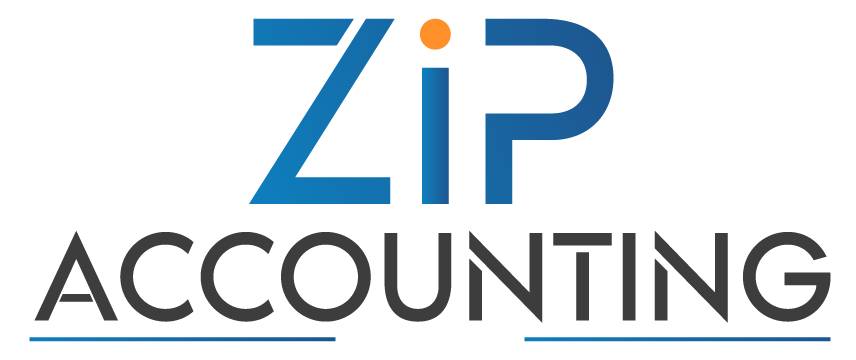3 June 2025 –
VAT (Value Added Tax) is a topic that can cause considerable stress and concern for business owners, even for those who are currently not VAT registered. Do I need to register? Can I register voluntarily? What are the pros and cons? And what actually happens once you’re registered?
Here’s a simple guide to help you understand whether voluntary VAT registration could be right for your business.
1. When is it Mandatory to Register?
If your VAT taxable turnover (that’s most sales of goods and services that are not exempt) exceeds £90,000 for the last 12 months—or if you expect it to exceed this amount in the next 30 days—HMRC requires you to register for VAT.
This threshold is revised from time to time, so always check the current threshold in place. If you go over it and don’t register in time, you could face penalties.
2. Can You Register Voluntarily?
Yes! You can register even if your turnover is below the threshold. Many small businesses choose to do this for one or more of the following reasons:
-
To reclaim VAT on certain business expenses and purchases, potentially improving cash flow and profitability
-
To improve your business’s credibility (especially when working with other VAT-registered businesses)
-
To prepare for future growth
- To claim VAT on expenses prior to registration, potentially going back four years for certain costs
However, voluntary registration also comes with additional admin and reporting requirements, and may not make financial sense for your business—so it’s important to weigh the pros and cons.
3. What are some Pros of Voluntary Registration?
✅ Reclaim VAT – You can claim back VAT on eligible purchases (such as software, equipment, and office supplies). In some cases you may be able to claim certain pre-registration expenses.
✅ Look more established – Some clients may feel more confident dealing with VAT-registered businesses. It can be appealing to customers, suppliers, investors, and lenders because it can give the appearance of being bigger in size and more established.
✅ Forward planning – If you’re close to the threshold, it can make sense to register sooner rather than later, to avoid the stress of meeting the requirements and deadlines once it does become mandatory.
4. Are there any Cons?
❌ More admin – You’ll need to submit VAT returns on a regular basis, usually quarterly, which involves keeping digital records and using MTD-compatible software.
❌ Higher prices – If customers aren’t VAT registered, your prices may effectively go up for them, unless you decide to absorb some of the increase.
❌ Cash flow impact – Any VAT charged to customers will be collected by you on behalf of HMRC, which may mean setting aside some cash each quarter to pay your VAT bill.
❌ Complexity – VAT is a complex area. If you are not a qualified accountant or bookkeeper, you may make mistakes which could lead to underpaying or overpaying VAT, and could even result in fines.
5. What About the Flat Rate Scheme?
The VAT Flat Rate Scheme can be helpful for small businesses. You pay a fixed percentage of your turnover to HMRC instead of calculating VAT on each individual transaction.
It’s designed to simplify VAT and might save you money—but whether it works for you depends on your industry and business model.
Need Help Deciding?
Voluntary VAT registration isn’t straightforward, but is a key consideration that could impact your pricing, cash flow, and record-keeping.
At Zip Accounting, I can help you decide whether voluntary registration for VAT is the right step for your business, and take care of all the setup and quarterly returns if you decide to register.
👉 Get in touch today to talk it through with a Chartered Accountant who understands small businesses.






